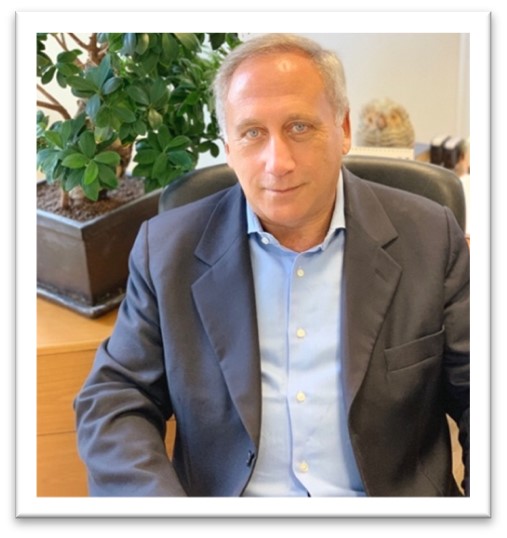GVN Center and Member Spotlight

Arnaldo Caruso
Full Professor of Microbiology and Clinical Microbiology at the University of Brescia Medical School (Italy)
Head of the Department of Diagnostic Laboratories at the “Spedali Civili” of Brescia (Italy)
President of the Italian Society for Virology (SIV-ISV)
Director of the Laboratory of Microbiology and Virology at the “Spedali Civili” of Brescia (Italy)
What are you and your institution currently working on regarding COVID-19?
My lab acts as SARS-CoV-2 diagnostic hub for the Brescia area and has developed research programs in molecular epidemiology and antivirals. In particular, we are characterizing by phylogenetic analyses SARS-CoV-2 variants obtained from patients to trace viral evolution. Moreover, the group is currently involved in studies related to drug repurposing and to develop cellular models aimed at evaluating virus-host interaction and its role in the innate response to infection.
Please describe in detail your work on the variant of asymptomatic SARS-CoV-2 individual.
Our study was aimed at better understanding the evolution of SARS-CoV-2 pathogenicity and its adaptation to the host. We investigated the genetic and phenotypic characteristics of SARS-CoV-2 strains circulating in the early (March 2020) and in the late (May 2020) phases of the epidemic in Italy. In particular, we isolated SARS-CoV-2 from two samples with high viral load. Interestingly, we observed that SARS-CoV-2 strain isolated in May, differently from the one isolated in March, was able to replicate in Vero E6 cells in the absence of any evident cytopathic effect. The genotypic characterization of the non-cytopathic virus highlighted 6 non-synonymous substitutions spanning on ORF1ab, S and N proteins as compared to the cytopathic one. The same substitutions were found in the correspondent nasopharyngeal swab. This study allowed us to demonstrate the existence of a SARS-CoV-2 variant, carrying genetic mutations that might be a part of the viral adaptation process eventually leading to changes in virus pathogenicity.
Bio Sketch
Arnaldo Caruso has been a pioneer in studying the effects induced by virion-free HIV structural proteins, in particular by the matrix protein p17, on different cellular systems. He worked in this field since 1998 and his research activities have focused on the ability of p17 to facilitate viral replication as well as to deregulate adaptive and innate immunity. More recently, he studied the cytokine-like properties of p17 protein pointing to the identification of cellular receptors and to the molecular mechanisms involved by p17/receptor interactions. Moreover, he highlighted the capability of p17 to promote angiogenesis and lymph angiogenesis and was the first to describe the presence of p17 variants with B-cell growth promoting activity in HIV-1-infected patients with non-Hodgkin’s lymphomas. Consistent with a role of HIV as critical microenvironmental factor promoting lymphoma development, he recently clarified the mechanism of p17 secretion by cells lacking active HIV replication and therefore viral protease activity.
He also has extensive knowledge in primary endothelial cells focusing on the effects played by viruses on endothelial physiology. Arnaldo Caruso was the first to describe the anti-angiogenetic and anti-lymph angiogenetic activity of the herpesvirus type 6 protein U94.
